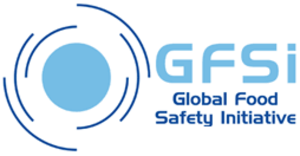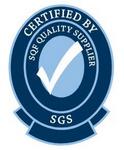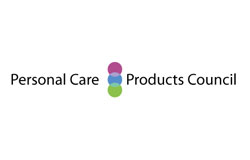Click HERE To Buy Modafinil Online ↓
 Modafinil for Students: Advantages and Risks
Modafinil for Students: Advantages and Risks
What Is Modafinil and Why Students Use It
College libraries hum with late-night activity, and it’s here that Modafinil often appears among ambitious students seeking an edge. Originally developed to treat sleep disorders like narcolepsy, Modafinil is a prescription medication known for its ability to promote wakefulness. Students are increasingly drawn to its reputation as a “smart drug” that sharpens concentration and extends mental stamina during marathon study sessions or looming deadlines. With the pressure to perform higher than ever, many see Modafinil as a tool to push past fatigue and stay ahead. However, understanding both its medical origins and rising popularity among students is crucial before considering its use.
| Feature | Details |
|---|---|
| Prescribed For | Sleep disorders (narcolepsy, sleep apnea, shift work disorder) |
| Main Effect | Increases alertness and reduces fatigue |
| Popular Among | Students seeking better focus and longer study sessions |
Cognitive Benefits: Focus, Alertness, and Memory Boost

Imagine sitting down to tackle a dense textbook chapter, only to find your mind wandering minutes later. Many students report that modafinil transforms this scenario, fostering a powerful sense of mental clarity. Tasks that once felt overwhelming may become sharply defined, with distractions fading into the background. This heightened concentration allows students to power through study sessions or assignments more efficiently.
Alongside improved focus, modafinil users often experience a state of sustained alertness. This doesn’t just mean staying awake, but genuinely feeling awake—ready to absorb new information, even during late-night study marathons. Some students also claim a boost in their short-term and working memory, making it easier to recall complex information during stressful exams. For those seeking a cognitive edge, these effects can be especially appealing.
Common Side Effects Students Should Know about
While many students turn to modafinil in hopes of powering through study sessions, it’s important to recognize the unintended effects that sometimes follow. Some users experience headaches or insomnia, making it harder to recover after a long day. Nausea and dry mouth can also interrupt focus, ironically undermining the benefits. Rarely, anxiety and irritability may emerge, especially under stress. Paying attention to these reactions allows students to weigh the promise of improved cognition against the realities of potential discomfort.
Potential Long-term Risks and Dependency Issues

Some students rely on modafinil to power through exams or all-nighters, but with repeated use, concerns can arise. Over time, tolerance might develop, making the effects less pronounced and tempting users to increase their dose. This cycle can set the stage for psychological dependence, where students feel unable to perform without the drug.
Subtle changes in sleep patterns or mood regulation may also surface with prolonged use. Researchers caution that disruptions to natural sleep rhythms can accumulate, gradually impacting memory consolidation and emotional balance.
Long-term observations in non-clinical users remain limited, but reported cases hint at a slippery slope for some. The promise of enhanced productivity can mask creeping risks, and students may underestimate how quickly regular reliance can evolve into dependency.
Ethical Debates: Cheating or Smart Studying?
The use of modafinil among students has sparked heated discussions about fairness and integrity in academic settings. While some argue that taking modafinil is no different from drinking coffee or using other legal aids to improve concentration, others believe it confers an unfair advantage similar to using performance-enhancing drugs in sports. The question lingers: does relying on medication diminish the value of personal effort and genuine learning?
Academic institutions are increasingly confronted with the challenge of defining what constitutes a level playing field. Disparities in access and knowledge about modafinil’s effects further complicate the landscape, raising questions about socioeconomic equity. For students, the debate often becomes a personal ethical dilemma—whether boosting brainpower pharmacologically is a smart strategy or steps into the realm of academic dishonesty.
| Pros | Cons |
|---|---|
| Enhanced focus | Unfair advantage |
| Longer study sessions | Potential ethical breach |
| Might level the playing field for some | May undermine genuine effort |
Legal Status and Safe Access for Students
Navigating the world of prescription drugs like modafinil isn’t as straightforward as grabbing a cup of coffee before an exam. In countries like the US, UK, and Australia, modafinil is classified as a prescription-only medication, approved primarily for sleep disorders such as narcolepsy. This means that students who obtain or use modafinil without a doctor’s approval technically break the law—potentially facing disciplinary action from their institutions or even legal consequences.
Despite restrictions, some students acquire modafinil through unofficial online pharmacies or peer networks, exposing themselves to counterfeit products and health risks. Safer alternatives include consulting a healthcare professional for a legitimate prescription and being transparent about the intended use. By prioritizing safety and legality, students can make more informed decisions about their academic and personal wellbeing.





















